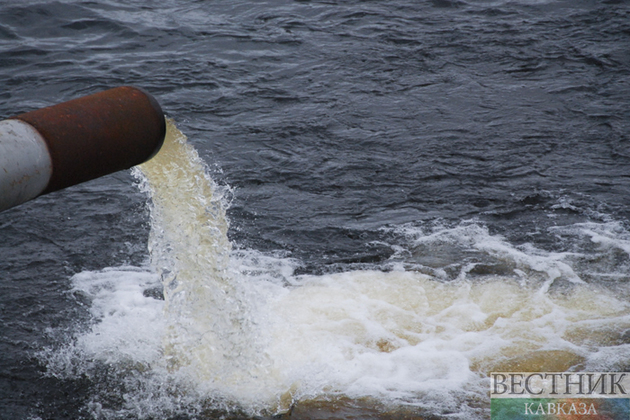Japan started its fourth round of release of nuclear-contaminated wastewater from the crippled Fukushima Daiichi Nuclear Power Plant into the Pacific Ocean, despite opposition among local fishermen, residents as well as backlash from the international community.
As Tokyo Electric Power Company (TEPCO), the plant's operator, started discharging the radioactive wastewater, opposers deemed such intentional spreading of radioactive substances unacceptable for a long-term environmental impact.
Similar to the previous three rounds, about 7,800 tons of wastewater will be discharged over about 17 days.
For the fourth round onwards, TEPCO said it will skip the step of temporarily storing treated water in large tanks to confirm tritium concentration before release, adding that samples of diluted treated water will be collected during the discharge operation instead, and its concentration will be measured once daily.
Today's release marked the final discharge for the fiscal year 2023 ending in March, bringing the total amount for the fiscal period to approximately 31,200 tons of the wastewater stored in tanks at the nuclear plant.
For fiscal 2024 starting from April, TEPCO in January announced its plan to release around 54,600 tons of nuclear-contaminated water from the facility into the ocean in seven rounds.






